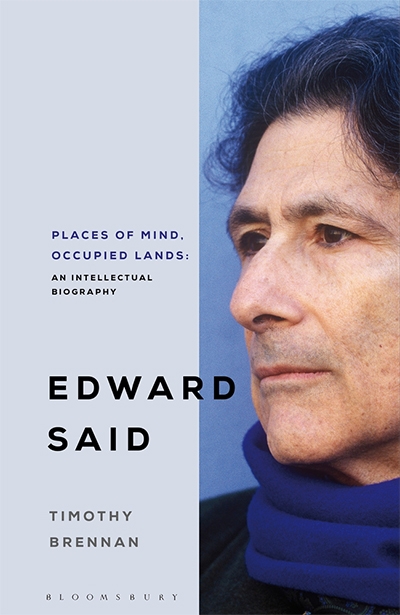Accessibility Tools
- Content scaling 100%
- Font size 100%
- Line height 100%
- Letter spacing 100%
Timothy Brennan
The ABR Podcast
Released every Thursday, the ABR podcast features our finest reviews, poetry, fiction, interviews, and commentary.
Subscribe via iTunes, Stitcher, Google, or Spotify, or search for ‘The ABR Podcast’ on your favourite podcast app.
The red thread: Xi Jinping’s ideology of power
by Neil Thomas
This week on The ABR Podcast, Neil Thomas reviews On Xi Jinping: How Xi’s Marxist Nationalism is shaping China and the world by Kevin Rudd. Thomas explains that even China watchers find it hard to be clear on the thoughts and plans of the leader of the Chinese Communist Party. They disagree, he tells us, on basic, critical questions, such as for how long Xi will rule. ‘Enter Kevin Rudd’, Thomas writes. ‘In his latest book, former prime minister Kevin Rudd adds a worthy new chapter to his life of public service, digesting thousands of pages of “Xi Jinping Thought” so that you do not have to’. Neil Thomas is a Fellow on Chinese Politics at Asia Society Policy Institute’s Center for China Analysis in Washington DC. Here is Neil Thomas with 'The red thread: Xi Jinping's ideology of power' by Neil Thomas, published in the December issue of ABR.
Recent episodes:
Edward Said, most regarded for his pioneering study Orientalism (1978), led a varied life that combined rigorous scholarship with fearless activism. Born in Jerusalem and brought up in Cairo, Said left for America at the age of sixteen and thereafter steadily ascended through the ranks of the American academy. Outside of the ivory tower, Said became a powerful spokesperson for Palestinian self-determination. Timothy Brennan’s new biography, Places of Mind: A Life of Edward Said, traces Said’s decades of engagement with the key political, cultural, and literary concerns of his time. As James Jiang notes in his review, ‘what emerges most distinctly from Brennan’s portrait are not the lineaments of a gifted “mind”, but rather the sheer messiness of thinking for a living’.
... (read more)


